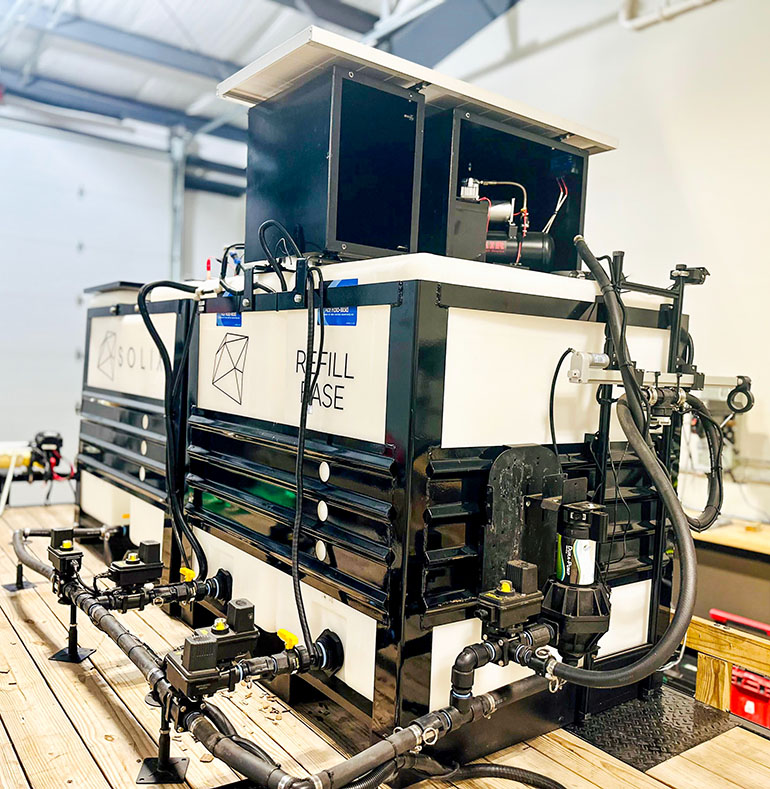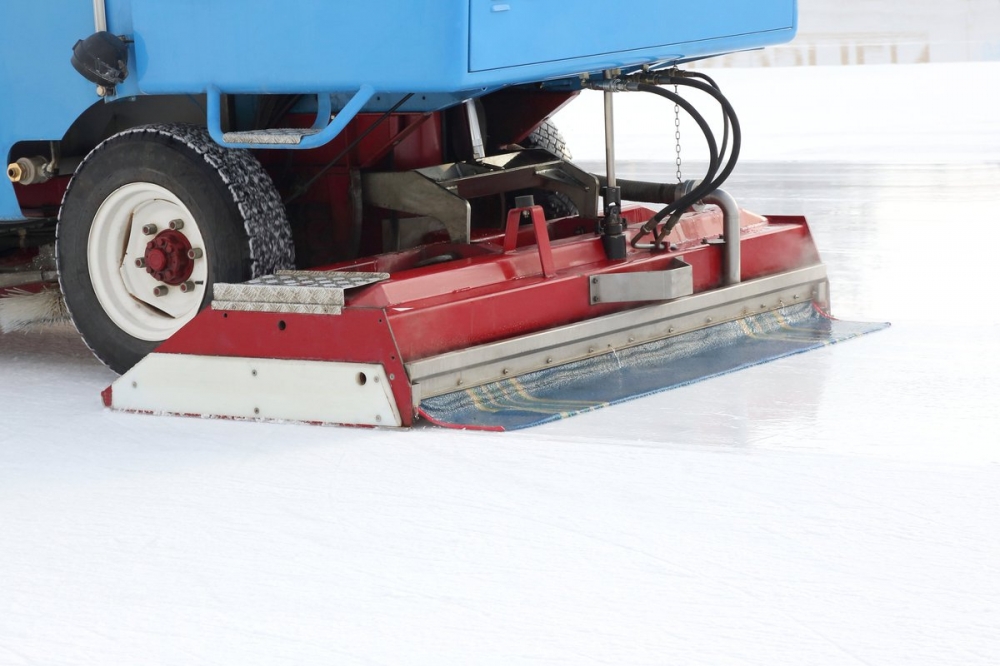Ray Kurzweil, the famous tech expert who predicted computers would become smarter than humans, just got a big boost for his robot company. His startup, Beyond Imagination, will receive $100 million from investors to build humanoid robots.
What's the Big Deal?
The investment comes from Gauntlet Ventures in what's called a "Round B" funding round. This brings Beyond Imagination's total value to $500 million – a huge jump that shows investors believe in the company's future.
Kurzweil is well-known for talking about "the singularity" – a time when artificial intelligence becomes smarter than humans and starts improving itself rapidly. Back in the early 2000s, he predicted this would happen by 2045. Today, many people think his predictions might actually come true.
What Does Beyond Imagination Make?
The company has created a humanoid robot called "Beyond Bot" along with AI software to control these robots. These aren't toys – they're designed to work in serious places like:
- Industrial factories
- Pharmaceutical companies
- Microelectronics manufacturing
Beyond Imagination has already tested their robots and is now looking for big companies that want to use them in their factories and production lines.
Part of a Bigger Trend
Beyond Imagination isn't alone in this race. More than a dozen American companies, several Chinese firms, and some European businesses are all working on similar AI-controlled humanoid robots for industrial work.
However, progress has been slower than expected. While AI has gotten really good at understanding and creating language (like ChatGPT), making robots work well in the real physical world is much harder.
Right now, many companies are collecting data from real-world situations to teach their robots how to handle actual work environments.
More Than Just Robots
Beyond Imagination is also developing something called "Aura OS" – an operating system for "smart manufacturing." This system is designed to help humans, robots, and older factory equipment all work together smoothly.
Why This Matters
The $100 million investment shows that serious money is flowing into humanoid robotics. As AI gets better and companies collect more real-world data, we might soon see robots working alongside humans in factories and other workplaces.
Whether Kurzweil's prediction about AI surpassing humans by 2045 comes true or not, this investment suggests that robot workers might become common much sooner than many people think.


















